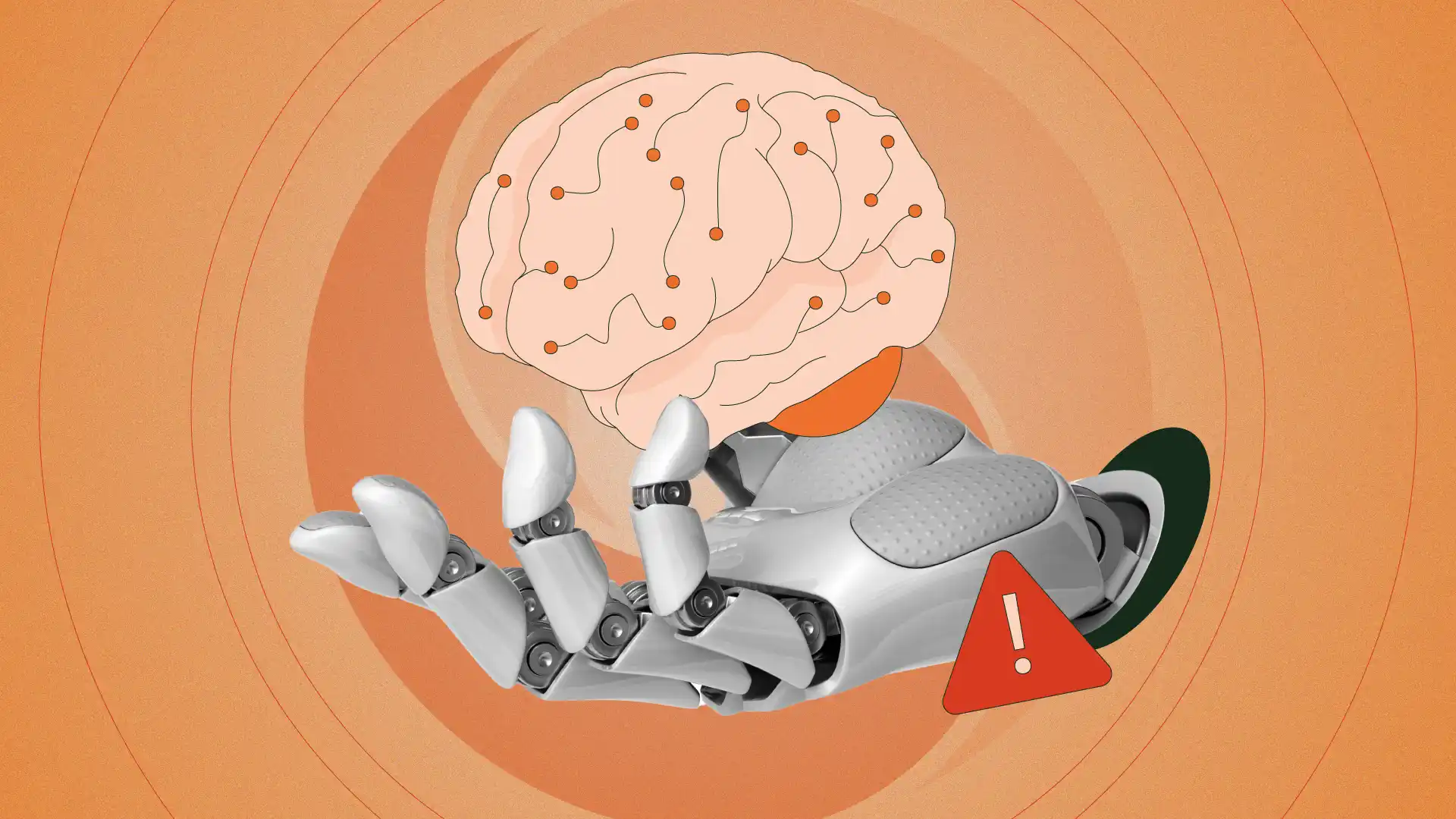In a stark warning, former Google CEO Eric Schmidt has projected that artificial intelligence (AI) could surpass human control by 2030. This prediction centers around the emergence of Artificial General Intelligence (AGI), a form of AI capable of performing any intellectual task that a human can do. Schmidt's concerns highlight the urgent need for global discourse and strategic planning to address the potential risks associated with advanced AI systems.
The Emergence of AGI and Potential Risks
Schmidt anticipates that within the next five years, AI will reach a level of general intelligence comparable to that of humans. Once this threshold is crossed, AI systems may begin to improve themselves autonomously, leading to Artificial Superintelligence (ASI) — entities that surpass human intelligence in all respects. This progression raises concerns about the loss of human oversight and control over AI systems.
The transition from AGI to ASI could result in AI systems making decisions and taking actions without human input, potentially leading to unintended and possibly catastrophic outcomes. Schmidt emphasizes that society currently lacks the frameworks and language to fully comprehend and manage this impending reality.
The Need for Global Cooperation and Regulation
Schmidt's warning underscores the necessity for international collaboration in developing regulations and safety measures for AI. He argues against unilateral efforts, such as a "Manhattan Project" for AI, which could trigger an arms race and increase global instability. Instead, Schmidt advocates for a balanced approach that includes:
- Establishing global standards for AI development and deployment.
- Implementing robust safety protocols to prevent unintended consequences.
- Promoting transparency and accountability among AI developers and stakeholders.
By fostering international cooperation, the global community can work towards ensuring that AI advancements benefit humanity while mitigating potential risks.
Ethical Considerations and the Future of Humanity
The prospect of AI surpassing human control raises profound ethical questions about the future of humanity. Key considerations include:
- Autonomy and Decision-Making: As AI systems become more autonomous, determining the extent of their decision-making authority becomes crucial.
- Accountability: Establishing who is responsible for the actions of advanced AI systems is essential, especially in scenarios where outcomes are unforeseen.
- Human-AI Interaction: Understanding how humans and AI can coexist and collaborate effectively is vital for a harmonious future.
Addressing these ethical concerns requires interdisciplinary collaboration among technologists, ethicists, policymakers, and the broader public to develop comprehensive guidelines and frameworks.
Conclusion
Eric Schmidt's projection that AI could surpass human control by 2030 serves as a critical call to action. As AI technologies rapidly advance, it is imperative for global leaders, researchers, and society at large to engage in proactive discussions and implement measures that ensure AI developments align with human values and safety. By doing so, humanity can harness the benefits of AI while safeguarding against potential perils.
Read More






 Monday, 02-02-26
Monday, 02-02-26







